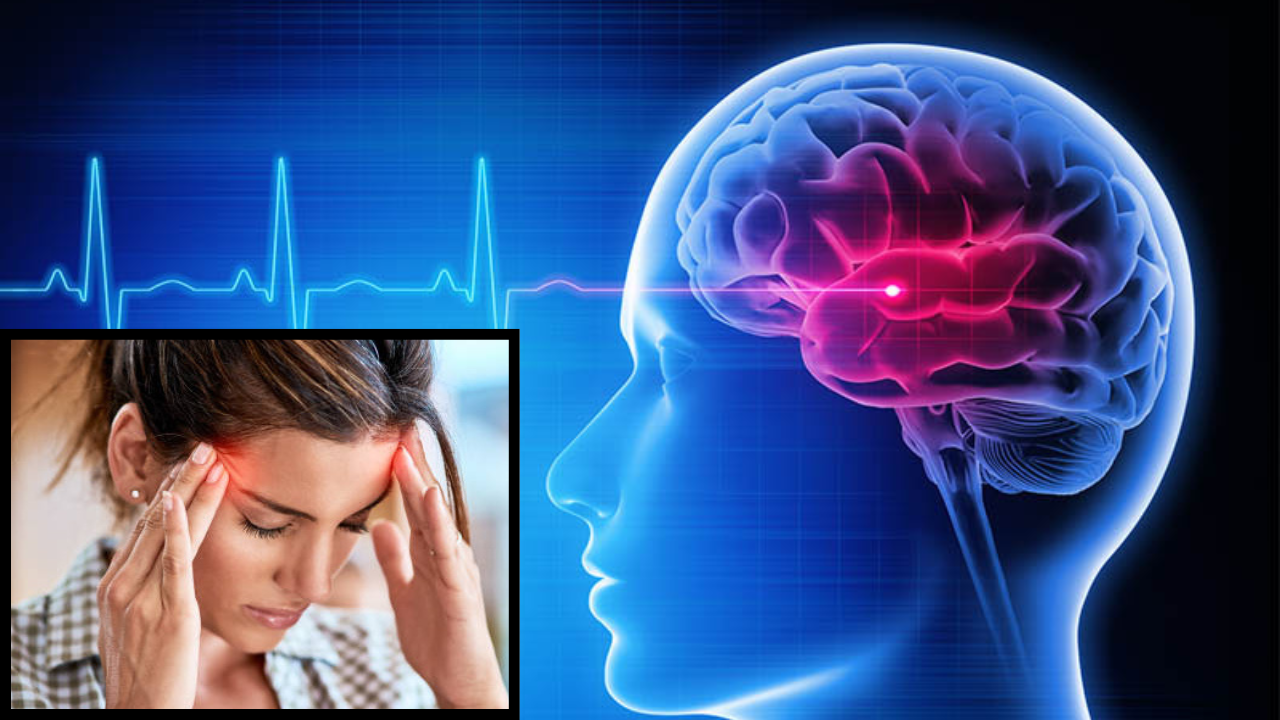New Delhi: As World Stroke Day 2025 is observed globally, medical experts are raising alarms over a troubling trend: stroke cases are rising among young adults. Traditionally associated with older individuals, strokes are now increasingly affecting people in their 20s, 30s, and 40s, highlighting the need for awareness and preventive action.
Understanding Stroke and Its Causes
A stroke occurs when the blood supply to part of the brain is interrupted or reduced, preventing brain tissue from getting enough oxygen and nutrients. It can lead to permanent disability or even death if not treated promptly. While older age remains a significant risk factor, lifestyle changes and health conditions in younger adults are contributing to a growing burden.
Key Risk Factors for Young Adults
Medical professionals point out several factors driving this surge:
- High Blood Pressure (Hypertension): Often called the “silent killer,” uncontrolled blood pressure can damage blood vessels and increase stroke risk.
- Unhealthy Diet: Excessive intake of salt, sugar, and processed foods contributes to obesity and cardiovascular strain.
- Smoking and Alcohol: Both smoking and heavy alcohol consumption elevate the likelihood of blood clots and vascular damage.
- Sedentary Lifestyle: Lack of regular physical activity can lead to obesity, diabetes, and other cardiovascular conditions.
- Stress and Mental Health Issues: Chronic stress, anxiety, and depression can affect heart health, indirectly increasing stroke risk.
Health: Excess salt is white poison for kidneys; May fail your kidneys
Early Detection and Warning Signs
Recognizing early signs of a stroke can save lives. Common symptoms include sudden numbness or weakness on one side of the body, difficulty speaking or understanding speech, vision problems, severe headache, and loss of balance. Timely medical intervention, such as clot-busting drugs or surgery, can significantly reduce long-term damage.
Prevention Strategies
Experts emphasize that most strokes are preventable with lifestyle modifications and routine health checks. Key measures include:
- Regular blood pressure and cholesterol monitoring.
- Maintaining a balanced diet rich in fruits, vegetables, and whole grains.
- Engaging in at least 30 minutes of moderate exercise daily.
- Avoiding tobacco and limiting alcohol consumption.
- Managing stress through mindfulness, meditation, or professional counseling.
Raising Awareness on World Stroke Day
World Stroke Day serves as a reminder of the importance of public education, preventive care, and rapid treatment. Campaigns this year focus on younger adults, urging them to recognize risk factors early and adopt healthier lifestyles to reduce their vulnerability.
Final Take
With strokes increasingly affecting younger populations, awareness, early detection, and lifestyle modifications are critical. On World Stroke Day 2025, taking proactive steps to monitor health and reduce risk can make a significant difference in preventing life-altering events.

